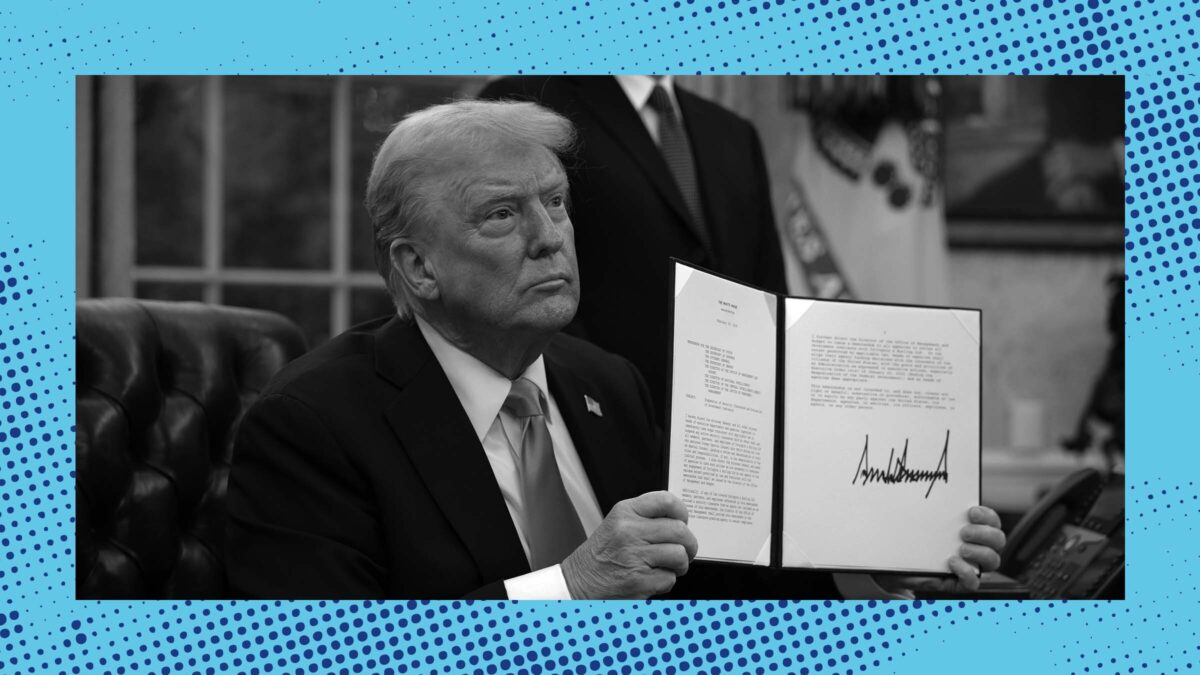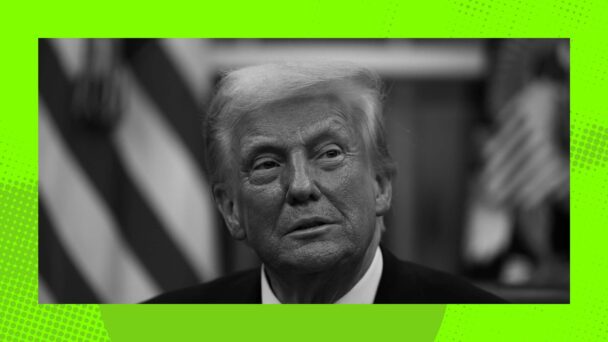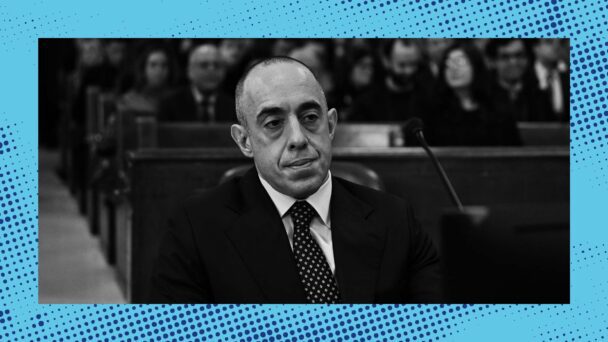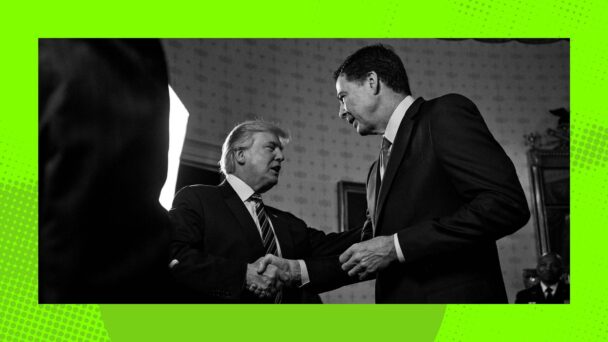The Supreme Court heard oral argument this morning in Trump v. CASA, a case related to President Donald Trump’s executive order claiming to limit the Constitution’s guarantee of birthright citizenship to only children with at least one parent who is a citizen or legal permanent resident. Since the order claims to apply to children born 30 days after its issuance, it is currently threatening the basic rights of roughly 800,000 infants and counting.
Over twenty states and nonprofit organizations filed lawsuits challenging the order as a violation of the Fourteenth Amendment, as well as over a century of precedent and practice by the Supreme Court and executive branch. Three federal district courts agreed that the plaintiffs were probably right, and issued preliminary injunctions that block the order on a nationwide basis while their cases are pending. The Trump administration now asks the Supreme Court to narrow the scope of the injunctions to just the plaintiffs in these particular cases—a result that would let Trump go ahead and apply the order to everyone else, everywhere else.
This backdoor attempt to execute an illegal order reflects a profound disregard for the very foundation of multiracial democracy. Trump would be claiming for himself the authority to unilaterally rewrite the Constitution and to insulate himself from any judicial check on that authority, and again authorizing the government to dominate people based on their ancestry. For the first time since the Fourteenth Amendment was ratified in 1868, national citizenship and all the benefits that flow from it would vary from state to state. Babies born in New Jersey could still be citizens, while babies born in Pennsylvania had better lawyer up.
One of the government’s main arguments on Thursday was that judges don’t have the constitutional authority to grant relief that benefits people beyond the parties—as Solicitor General D. John Sauer put it, “Courts grant relief to the people who sue in front of them.” So, another person’s rights would require another lawsuit. Justice Ketanji Brown Jackson disagreed. “When a court says, ‘Follow the law,’ anybody who would have been hurt by your not following the law benefits,” she said. “I don’t understand why that would limit the court in its ability to tell you, ‘Don’t do this unlawful conduct.’” Trump’s argument is basically that district courts can’t tell him to stop violating the Fourteenth Amendment; they can only tell him to stop violating the Fourteenth Amendment rights of certain named newborns.
Justice Sonia Sotomayor recognized that the administration’s logic posed some practical problems as well. “You’re talking about the hundreds and thousands of people who weren’t part of the judgment of the court,” she said. “They would all have to file individual actions?” Sauer hedged a bit and suggested they could potentially file class actions. Later, though, Sauer suggested a class action wouldn’t work either, telling Justice Elena Kagan that he would “dispute” class certification “in this particular case.”
Kagan then asked Sauer point-blank what people were actually supposed to do to get timely relief from a blatantly unconstitutional law without a nationwide injunction. “If one thinks that it’s quite clear that the executive order is illegal, how does one get to that result?” she asked. Sauer again returned to the case by case idea: After “appropriate percolation” in the lower courts, he said, the Supreme Court would decide the case and make a nationwide binding precedent. The Trump administration claims such careful consideration didn’t happen here. Instead, Sauer insisted that the district courts made “snap judgments” and nationwide injunctions were preventing “the percolation of novel and difficult legal questions.” (As a reminder, these novel and difficult questions have been easily settled for over a century.)
This is a trap that would inflict irreparable harm on countless families. As Jackson put it, the government’s argument amounts to a “catch me if you can” regime in which the administration gets to violate the rights of everyone who isn’t part of a lawsuit. And even assuming someone is able to file a lawsuit—and that they aren’t disappeared to El Salvador before they can do so—it still takes years for cases to reach the Supreme Court. In that time, Kagan said, there would be “an untold number of people” who aren’t being treated as citizens even though “all the law that this Court has ever made” shows they ought to be.
The Trump administration is trying to recreate a world where your legal personhood is tied to your parentage—where your rights as a citizen again depend on your ancestry and, as a practical matter, there’s little you can do about it. That world can’t coexist with multiracial democracy. It shouldn’t exist at all.






